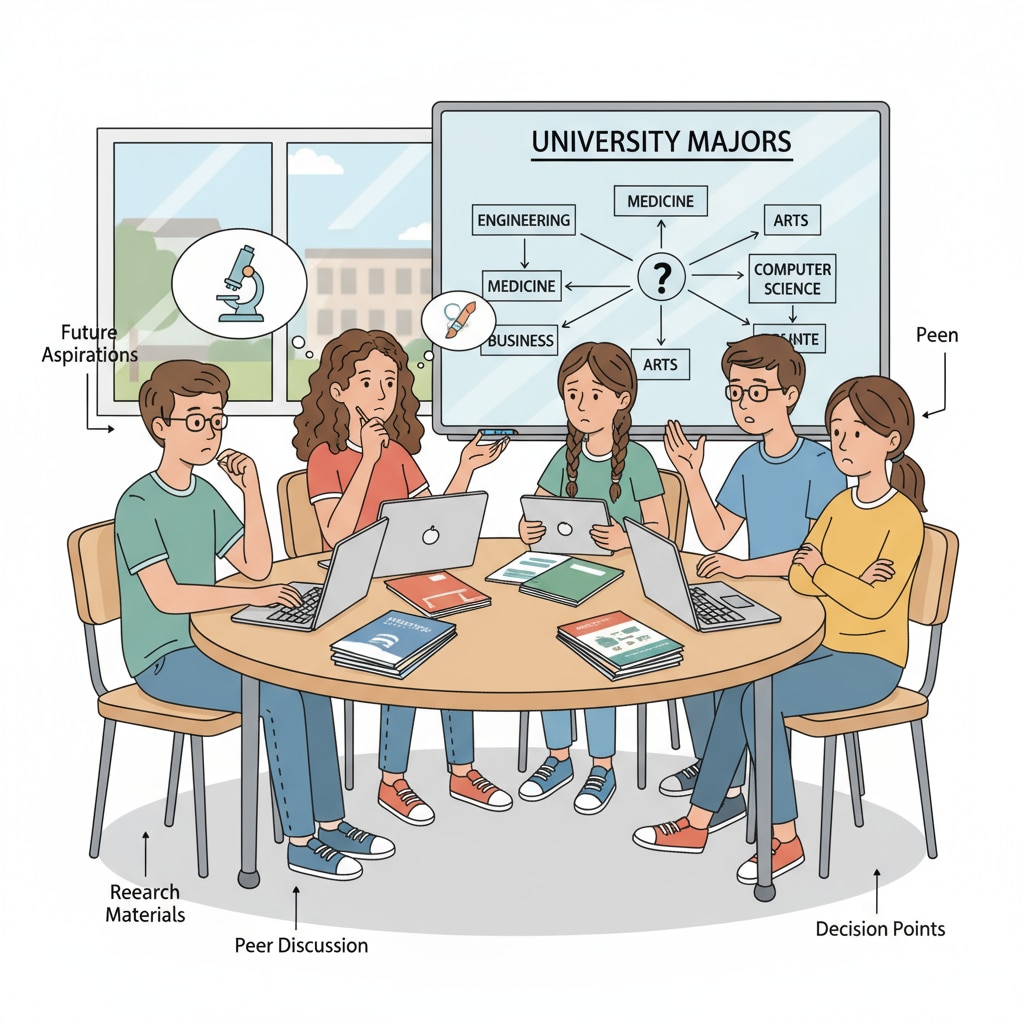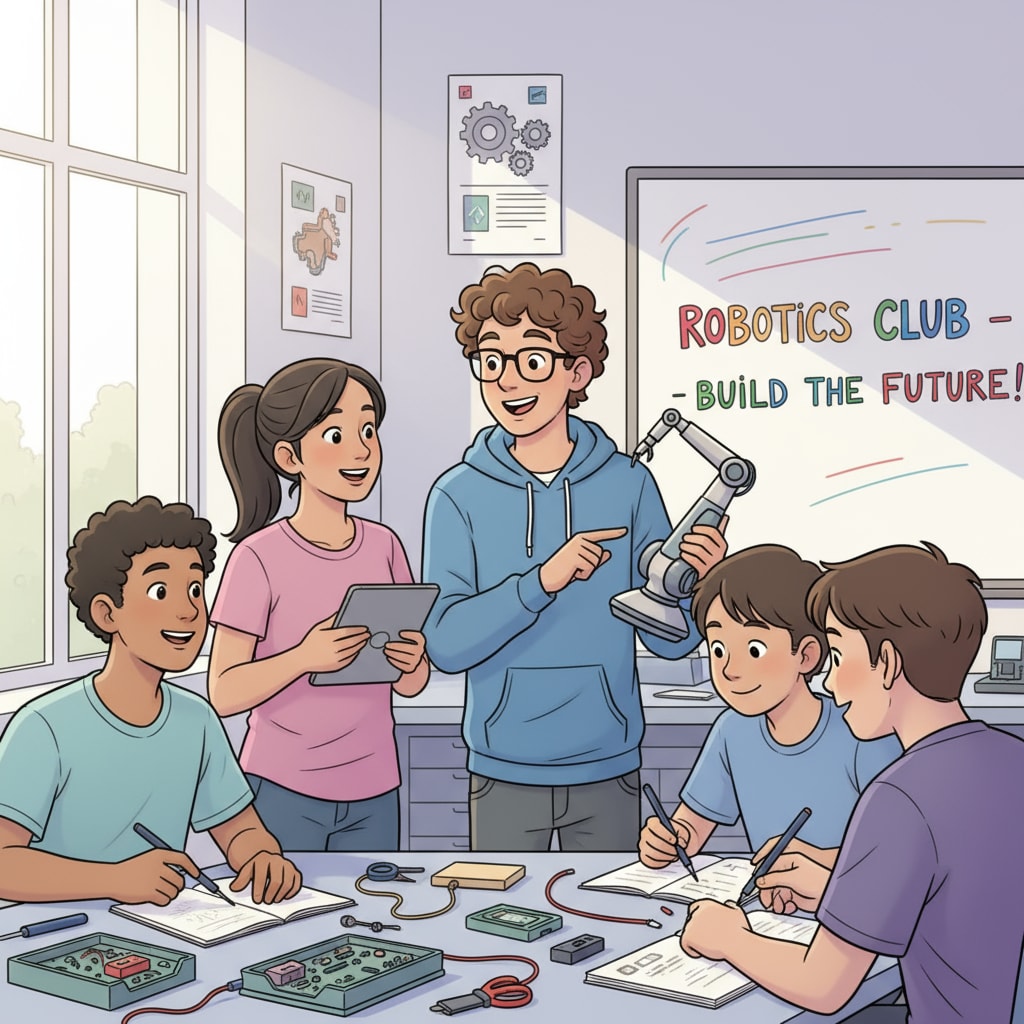University major selection, lack of enthusiasm, and social experiences often intersect in the lives of high school students, creating a complex web of decisions. For many students in the K12 education system, the time to choose a university major looms large, yet they find themselves without a clear passion or interest to guide them. This situation can be overwhelming, leaving students feeling lost at a crucial crossroads.

The Education Misperception: Grades Over Passion
One of the primary issues contributing to this dilemma is the overemphasis on grades during K12 education. Throughout their school years, students are often pressured to achieve high scores, focusing on academic performance rather than exploring their true interests. As a result, by the time they reach the stage of choosing a university major, they may have little idea of what truly excites them. According to Britannica’s Education section, this narrow focus on grades can lead to a lack of self-awareness and limit students’ ability to make informed decisions about their future.
Discovering Interests in High School
High school is a crucial time for students to start uncovering their interests. This can be achieved through various means. For example, getting involved in extracurricular activities such as clubs, sports teams, or volunteer work. These activities provide opportunities for students to explore different fields and interact with like-minded peers. As Wikipedia’s page on Extracurricular activities states, such experiences can help students develop new skills and passions. Additionally, students can take elective courses in areas they’re curious about, which can offer a taste of different subjects and potentially spark an interest.

Another aspect that cannot be overlooked is social experiences. Interacting with others, whether it’s classmates, teachers, or professionals in different fields, can expose students to new ideas and perspectives. These interactions can play a significant role in helping students identify their interests. For instance, a conversation with a guest speaker in a particular industry might inspire a student to explore that field further.
In conclusion, the lack of clear interests when choosing a university major is a common challenge for high school students. By addressing the educational misperception of prioritizing grades over passion and actively seeking opportunities to discover interests through various means, including social experiences, students can be better equipped to make more informed and fulfilling major choices. It’s essential for students, parents, and educators to work together to ensure that students navigate this crucial stage of their academic journey successfully.
Readability guidance: Using short paragraphs and lists helps summarize key points. Each H2 section should ideally have a list. Controlling the passive voice and long sentence ratios, and integrating transition words like however, therefore, in addition, for example, and as a result throughout the text enhances readability.


